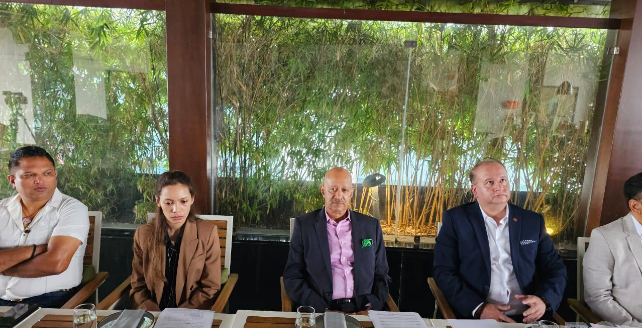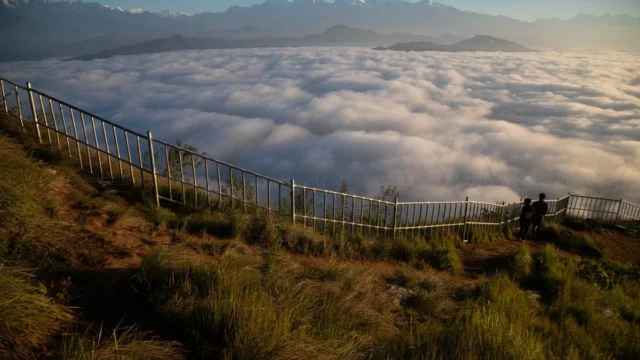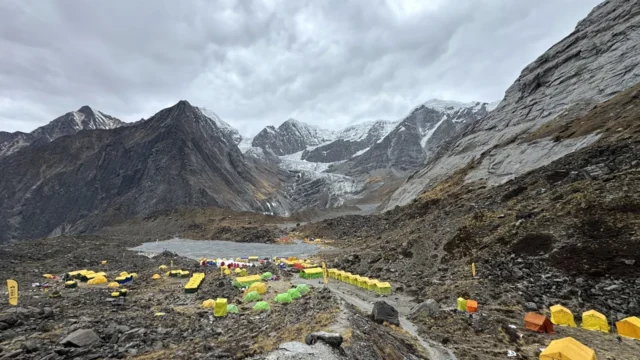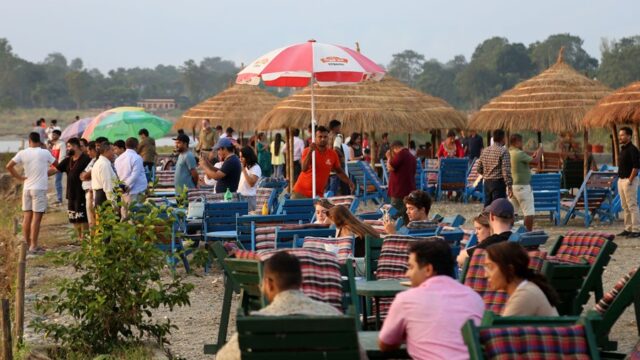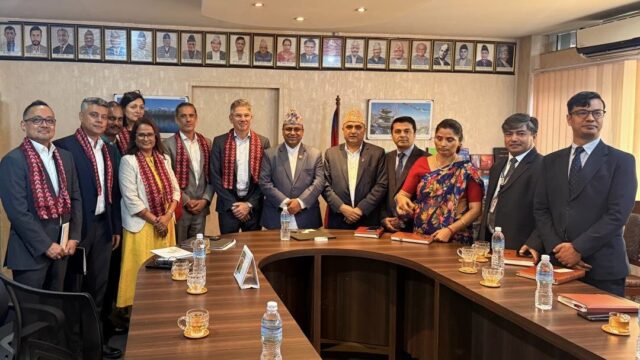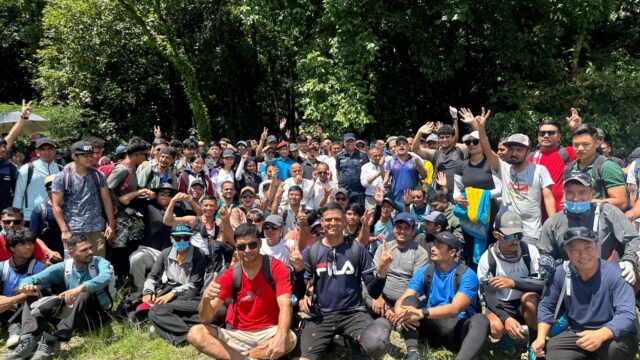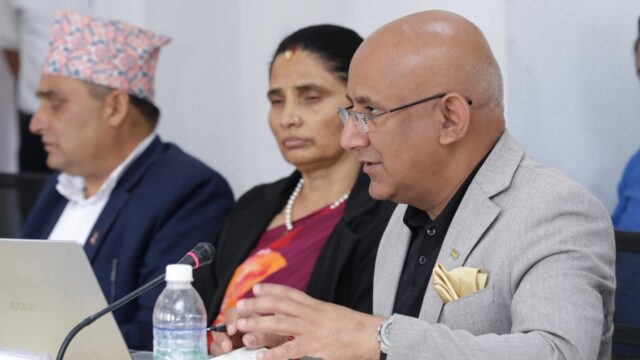Stakeholders have called for an increase in the foreign exchange limits for hotels, recognition of hotels as industries, and the restructuring and rescheduling of loans.
At an interaction program held today, Shashikant Agrawal, Coordinator of the Five-Star Sub-Committee under the Hotel Association Nepal (HAN), emphasized the need to lift the current foreign exchange limit for hotels. He stated, “We have already presented our demands to Nepal Rastra Bank Governor Maha Prasad Adhikari. The current limit of USD 300 per tourist per day is insufficient for high-end tourists; it needs to be increased to USD 2,000.”
Agrawal also highlighted the urgency of recognizing the tourism sector as an industry. “The process of granting industry status to the tourism sector is stalled at the Ministry of Finance. This needs to be expedited immediately,” he said. He noted that if the tourism sector is granted industry status, hotels will benefit from lower electricity tariffs and favorable interest rates on bank loans. “Currently, we are paying residential rates for electricity. With industry status, the rates will be lower,” he added.
Agrawal also stressed the importance of operationalizing the international airports in Bhairahawa and Pokhara promptly, setting up duty-free shops at these airports, and prioritizing the construction, repair, and upgrading of roads leading to tourist destinations.
During the event, HAN First Vice President Praveen Pandey mentioned that legal constraints are hindering high-spending tourists from spending freely. He advocated for allowing Indian tourists to use INR 500 notes in Nepal and enabling Sri Lankan and Bangladeshi tourists to pay in their currencies. “Currently, Indian tourists can bring in a maximum of INR 25,000, but INR 500 notes are not in circulation in Nepal. The government should raise the limit to INR 200,000,” Pandey said.
He also urged banks and financial institutions to offer loans to the tourism sector at interest rates with a premium of no more than one percent above the base rate and to provide incentives for hotels using electric vehicles and stoves by establishing a green energy fund.
HAN Second Vice President Dinesh Tuladhar pointed out that the hotel sector is still suffering from the impacts of the COVID-19 pandemic, even three years after its end. He called on Nepal Rastra Bank to address these issues in its upcoming monetary policy. “The pandemic’s effects are still being felt, and hotels are struggling to make regular loan and interest payments. Special provisions should be made to allow flexible loan repayment terms based on financial conditions,” Tuladhar said. He suggested extending the repayment period to three years, considering the size of hotel investments.
Tuladhar also emphasized the need for restructuring and rescheduling loans if the loan-to-capital ratio falls below the prescribed level, with a minimum period of three years to meet the ratio requirements. He further called for the implementation of electronic payment systems like PhonePe for Indian tourists and demanded a reduction in the three percent commission charged on credit card transactions. He noted that coordination with Indian counterparts is necessary as some credit cards are not accepted in Nepal. Balaram Sapkota, the operator of Mechi Crown Plaza, highlighted the need to increase the spending limit for Indian tourists visiting Nepal for casinos, arguing that there should be no spending cap.
